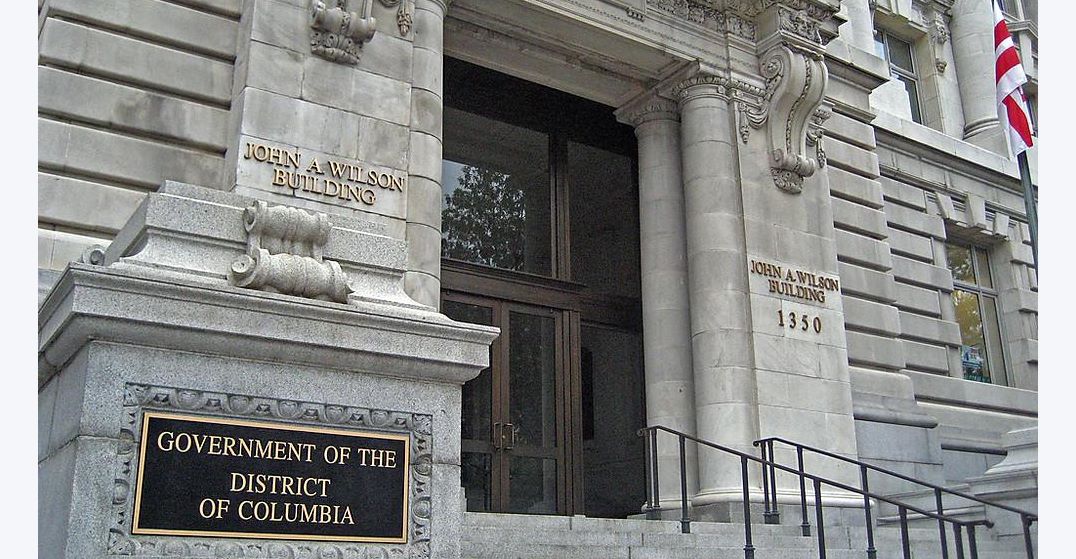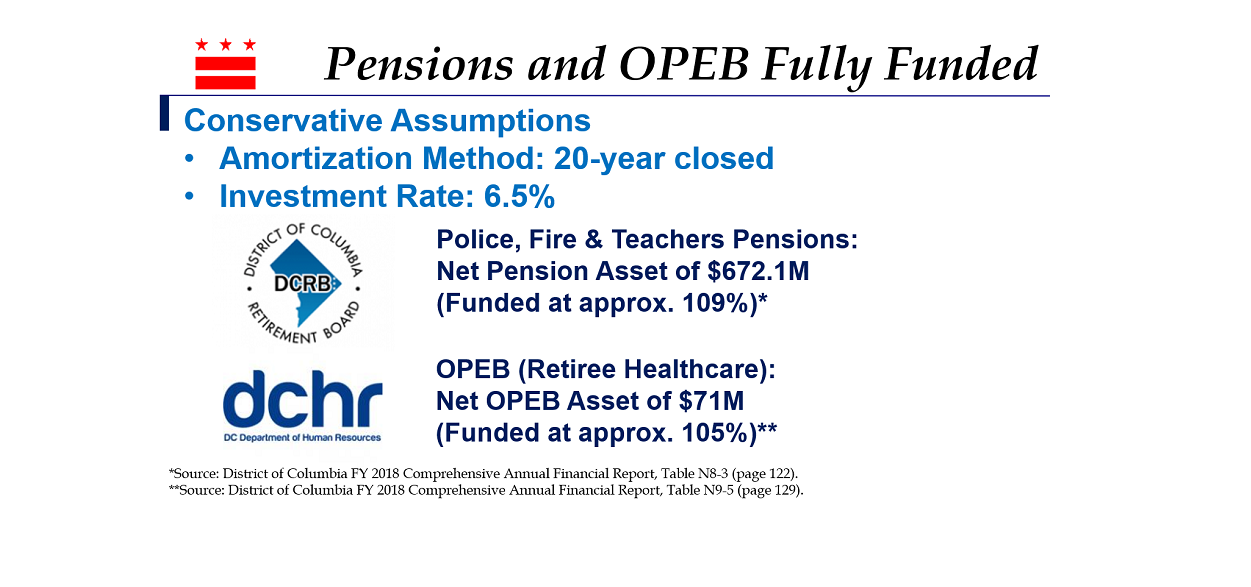Learn about District of Columbia (Washington, DC) including our News & Press Releases and Team.
Talk to us
Have questions? Reach out to us directly.
Learn about District of Columbia (Washington, DC) including our News & Press Releases and Team.
About District of Columbia (Washington, DC)
- Est. 2024 Population
- 702,250
- General Obligation Bond Ratings
- Aaa/AA+/AA+
- Income Tax Secured Revenue Bond Ratings
- Aa1/AAA/AA+
This is the official investor relations page for the District of Columbia (“the District”). The Office of the Chief Financial Officer (OCFO) handles all of the District’s debt financing needs, including its communication with bond investors.
About Washington, DC
The District was created in 1791 by an act of the United States Congress and Presidential proclamation and has served as the capital of the United States since 1800. Since January 1975, the District has been governed under the District of Columbia Home Rule Act, which gave residents more autonomy over local affairs. Under the Home Rule Act, the District is governed by an elected Mayor and an elected Council.
The executive and legislative powers and duties of the District government are comparable to those held by states, counties and cities throughout the United States. However, Congress reviews all legislation passed by the Council before it can become law and retains authority over the District’s budget. With the exception of the payment of debt service on District debt, the District may not obligate or expend funds absent annual Congressional appropriation.
The District is a unique governmental entity, combining state, county, and municipal characteristics. Functions performed by the District government include public safety, police, fire, corrections, consumer and business regulatory affairs, public works (highways, streets and traffic control and sanitation), human services (health, welfare and employment assistance), leisure services (recreation and libraries), economic development (planning, zoning, urban renewal and housing), public education and general administration. The District and its instrumentalities also operate a university, a hospital, a stadium and armory complex, a convention center, a housing finance agency and a lottery.
Image Gallery








News
Read the letter from the CFO to the Mayor and Council Chairman regarding the February 2026 quarterly revenue estimates.
The District of Columbia Annual Comprehensive Financial Report presented below is for the year ending September 30, 2025.
Read the letter from the CFO to the Mayor and Council Chairman regarding the December 2025 quarterly revenue estimates.
Team
Talk to us
Have questions? Reach out to us directly.



-cropped.i02CaK5L.jpg)
